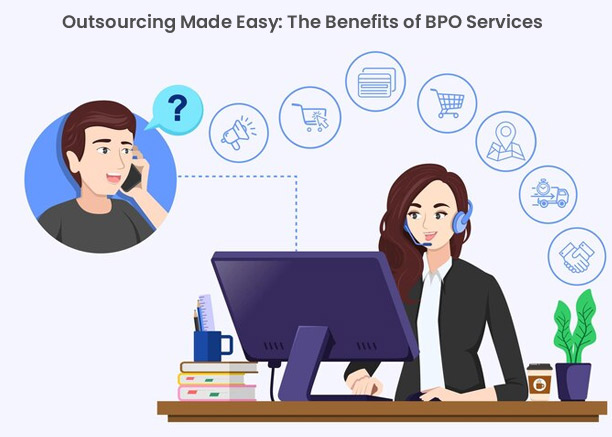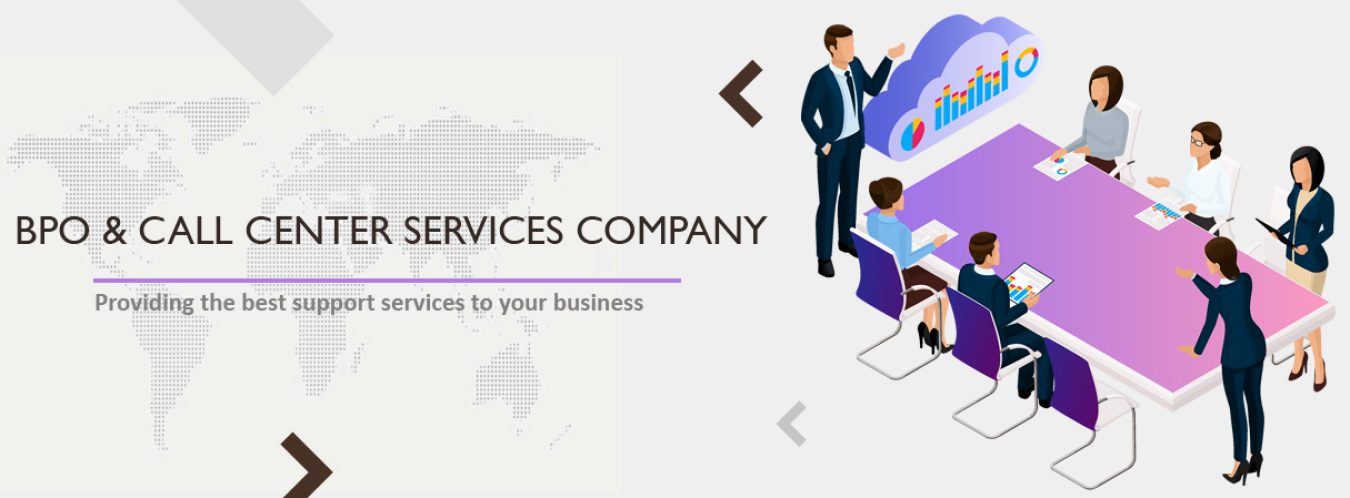Outsourcing or BPO are effective ways to help organizations reduce their budgets, cut down redundant tasks, and concentrate on their main goals of production.

Here are some key advantages of BPO services:
Cost Savings:
Cost reduction is one of the major goals of outsourcing. Businesses can afford highly skilled labor by taking advantage of lower labor costs found in many instances to BPO serviced areas.
Focus on Core Competencies:
Businesses outsource non-core functions in order to focus on core activities of their operations and strategic goals. It would also enhance efficiency and promote competition among others.
Access to Global Talent:
Through business process outsourcing, one can now enjoy access to an international talent pool specializing across many fields. The business can capitalize on skills offered by specialists who may not be readily available locally.
Scalability and Flexibility:
Scalability is one significant advantage of BPOs. Businesses can scale the level of outsourcing depending on the needs. Firstly, this quality becomes evident during periods of expansion, season, and economic changes.
Risk Management:
Some of these business risks that may be helped include volatility in demand, legislative alterations, or technological progress. However, in some cases, the BPO providers may take part of the risks associated with the outsourced process.
Improved Focus on Strategy:
Through outsourcing of routine and monotonous responsibilities to BPO companies, organizations can dedicate their time for development issues, innovations, and formulation of strategies.
Access to Advanced Technology:
However, BPO providers often invest heavily in the latest technology and infrastructure. Outsourcing also enables companies to enjoy benefits from the latest equipment or technology they may not be in a position of acquiring themselves at start-offs costs.
Enhanced Customer Satisfaction:
BPO services, especially in relation with customer support outsourcing, can contribute towards enhanced consumer satisfaction through 24-hour assistance, multi-channel operation as well as faster reaction speed.
Shorter Time to Market:
Therefore, outsourcing of some functions like product development or support services can enhance time-to-market for new products and services. However, outsourcing providers can be efficient in this regard as well; they may also possess appropriate knowledge base.
Focus on Strategic Goals:
Outsourcing frees up resources that can then be used for strategic purposes such as top-level decisions instead of focusing on operational issues that are best left to subordinates.
Regulatory Compliance:
BPOs are often conversant with bureaucratic challenges inherent in multiple regulatory environments. This may also be beneficial to businesses operating within highly-regulated industry sectors.
Cost Predictability:
The predictable expenses associated with outsourcing contracts enable companies to more easily plan and control their expenditure.
Continuous Process Improvement:
BPO firms normally have process optimization and continuous improvement strategies. Additionally, they can use their skill sets and introduce the latest practices into the process of outsourcing.
Conclusion:
Despite many advantages of outsourcing, the selection of qualified BPO partners, development of effective communication means, and frequent assessment of the effectiveness of outsourced duties are necessary for organizations in order to achieve maximum efficiency.

